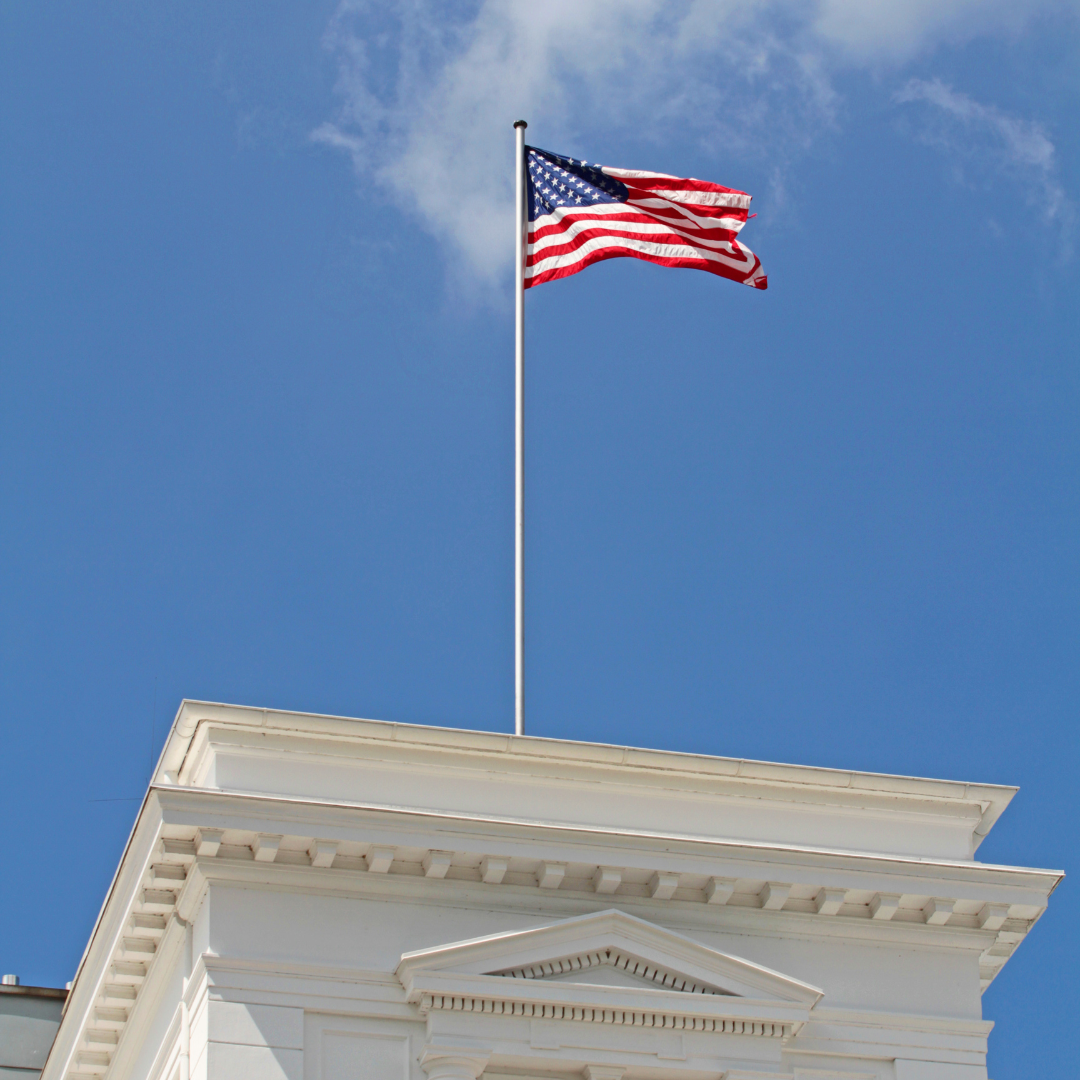As a student, you may need to interact with consulates and embassies for a variety of reasons, such as obtaining a visa to study abroad, seeking assistance during an emergency, or accessing consular services.
Here is everything you need to know about consulates and embassies as a student:
What is an embassy?
An embassy is a diplomatic mission that represents a country’s government in another country. It is usually located in the capital city of the host country and serves as the official point of contact between the two governments.
What is a consulate?
A consulate is a smaller diplomatic mission that represents a country’s government in a specific region or city of another country. Consulates are responsible for providing consular services such as visa processing, to their citizens living in or traveling to the host country, as well as promoting trade and cultural exchange between the two countries.
What services do consulates and embassies offer to students?
Consulates and embassies offer a range of services to students, including:
- Visa processing: Embassies and consulates are responsible for processing visa applications for students who wish to study in their country.
- Emergency assistance: In case of emergencies such as accidents, natural disasters, or political unrest, consulates and embassies provide assistance and support to their citizens, including students.
- Passport services: Consulates and embassies can assist students with obtaining or renewing their passports while they are studying abroad.
- Notary services: Consulates and embassies can provide notary services for documents related to legal matters, such as power of attorney or contracts.
- Cultural events and programs: Consulates and embassies often organize cultural events and programs to promote cultural exchange and understanding between their countries and the host country.
How can students contact consulates and embassies?
Students can usually find contact information for consulates and embassies on their websites or through the host country’s government website. Some embassies and consulates also have social media accounts where students can ask questions or get information about their services. Pro Tip: plan ahead in bookmarking those websites and contact channels for relevant consulates and embassies at the destination(s). In case of an emergency, students can call the embassy or consulate’s emergency hotline or visit their office in person.
What are some important things to remember when dealing with consulates and embassies?
Here are some important things to keep in mind when dealing with consulates and embassies:
- Consulates and embassies are usually closed on weekends and public holidays.
- Be sure to bring all necessary documents and identification when visiting an embassy or consulate.
- It is important to respect the laws and customs of the host country when dealing with consulates and embassies.
- If you need assistance with a specific issue, it is important to be clear and concise when communicating with embassy or consulate staff.
Overall, consulates and embassies can be a valuable resource for students studying abroad. By knowing what services they offer and how to contact them, students can be better prepared for any situation that may arise during their studies abroad.

